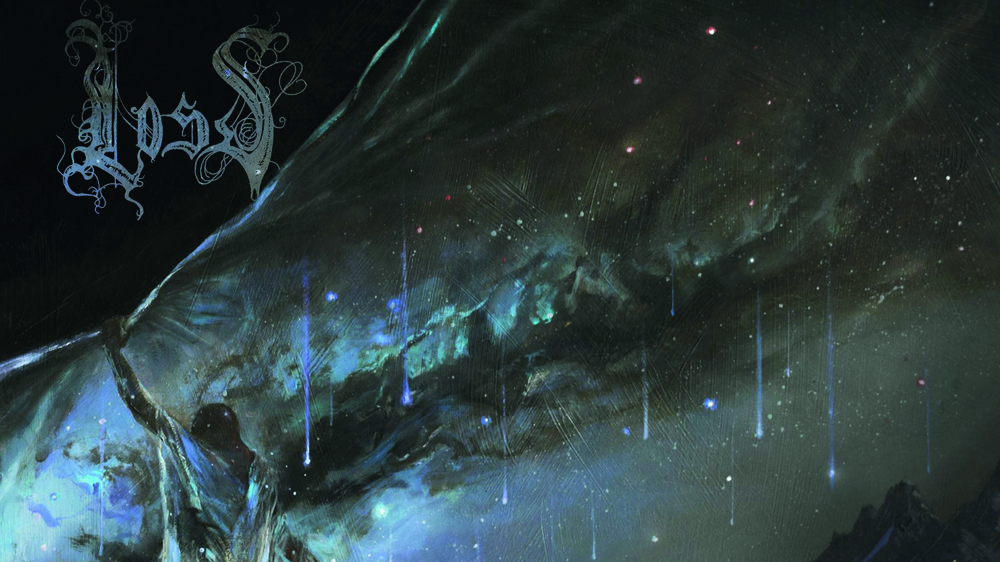Formed in 2004 in Nashville, lachrymose death/doom quartet Loss dropped a load of deep-underground CD-Rs and splits before releasing a suffocatingly mournful debut LP, Despond, in 2011 to a rapturous reception among connoisseurs of ornately down-in-the-dumps doom. Six years on, Loss’s tortoise-like career reaches a new height with Horizonless. Shuddering dirges like Naught and The Joy Of All Who Sorrow confirm their talent for striking dismal moods of existential despair and emotional devastation with great billowing riffs, bottomless growls and piercingly sad guitar melodies. But now the intent seems more opaque as nuances have developed and vistas have opened. It feels more of a journey than the static, single-minded monolith of Despond, as the immersive experimental impulses, the atmospheric noise and spoken-word elements are deployed more efficiently. Effectively, Horizonless takes Despond as its starting point, adds six years of musical and personal growth, and emerges from Loss’s basement grief-hole into a more disorientating and challenging wide-open space.
Loss - Horizonless album review
Volunteer State doom crew further develop their despair

You can trust Louder Our experienced team has worked for some of the biggest brands in music. From testing headphones to reviewing albums, our experts aim to create reviews you can trust. Find out more about how we review.
